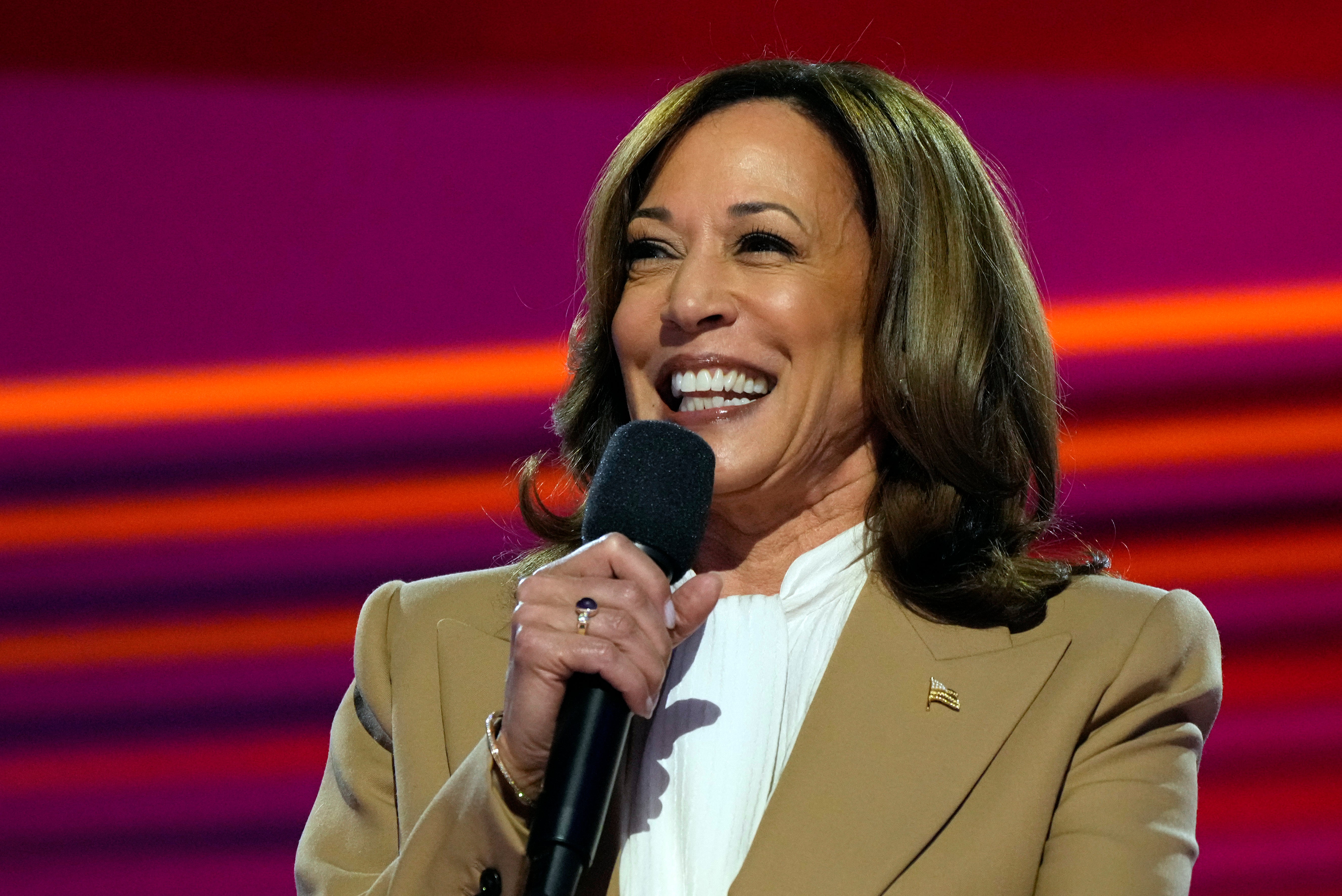'Dead in a ditch': Women politicians face shocking level of Instagram abuse, figures reveal
Around eight in ten of comments included gendered terms like ‘b*tch’, ‘rape,’ and ‘wh*re’

Your support helps us to tell the story
From reproductive rights to climate change to Big Tech, The Independent is on the ground when the story is developing. Whether it's investigating the financials of Elon Musk's pro-Trump PAC or producing our latest documentary, 'The A Word', which shines a light on the American women fighting for reproductive rights, we know how important it is to parse out the facts from the messaging.
At such a critical moment in US history, we need reporters on the ground. Your donation allows us to keep sending journalists to speak to both sides of the story.
The Independent is trusted by Americans across the entire political spectrum. And unlike many other quality news outlets, we choose not to lock Americans out of our reporting and analysis with paywalls. We believe quality journalism should be available to everyone, paid for by those who can afford it.
Your support makes all the difference.Instagram has failed to remove up to 93 per cent of violent, racist and misogynistic comments hitting out at female politicians in the US, according to new research.
A study, by the Centre for Countering Digital Hate, reported 1,000 abusive comments – which featured racism, sexism and violence – aimed at leading Republican and Democratic women politicians in six months.
Some 77 per cent of the comments included gendered terms like “b*tch,” “rape,” and “wh*re”.
Researchers discovered 93 per cent of the comments could still be seen on the social media giant which is owned by Meta a week after they reported them despite the remarks all demonstrably infringing the platform’s policies.
Prominent women on Instagram have come to expect misogynistic, hateful abuse and threats of sexual violence to them and their loved ones. Hateful abuse, targeting gender, race or sexuality, is not part of normal political discourse.
The study looked at abuse directed at the following Democrat politicians - Vice President Kamala Harris, ex-House Speaker Representative Nancy Pelosi, Alexandria Ocasio-Cortez, Senator Elizabeth Warren, and Jasmine Crockett. While the Republican women researchers focused on were Marjorie Taylor Greene, Maria Elvira Salazar, Lauren Boebert, Senator Marsha Blackburn and Anna Paulina Luna.
“Our study shows that Meta is not interested in removing identity-based abuse and harassment. Even when users or researchers flag hate, Meta is doing less than the bare minimum to address users’ concerns,” Imran Ahmed, chief executive of the Center for Countering Digital Hate, said.
“Prominent women on Instagram have come to expect misogynistic, hateful abuse and threats of sexual violence to them and their loved ones. Hateful abuse, targeting gender, race or sexuality, is not part of normal political discourse.
“These trolls are not attacking women politicians for their policy stances or perspectives and are seeking to send a message to women more generally.”
Comments identified included “Hope someone leaves you for…dead in a ditch”, “She would sound better with a f*cking gag in her mouth”, and “You complete evil f***ing b*tch, the devil has a hot place in hell reserved for you.”
Researchers warned social media platforms’ inability to take action on gendered abuse has fostered a culture of impunity for those who fire off vitriol.
The study found some 221 of the 1,000 accounts reported by researchers to Instagram were repeat offenders and had targeted politicians several times in the space of half a year.
Researchers discovered Ms Harris endured recurrent abuse – with harassment including abusers pushing wholly false misogynistic stereotypes about the politician “sleeping her way to the top” and frequent derogatory remarks about her ethnicity.
They reported 102 abusive comments directed at Ms Harris – with as many as 92 per cent still up after a week.
Researchers selected the top five politicians from the two main parties with the highest average post engagement between January and June for the study.
Cindy Southworth, head of women’s safety at Meta, said: “We provide tools so that anyone can control who can comment on their posts, automatically filter out offensive comments, phrases or emojis, and automatically hide comments from people who don't follow them.
"We work with hundreds of safety partners around the world to continually improve our policies, tools, detection and enforcement, and we will review the Centre for Countering Digital Hate report and take action on any content that violates our policies.”
Join our commenting forum
Join thought-provoking conversations, follow other Independent readers and see their replies
Comments